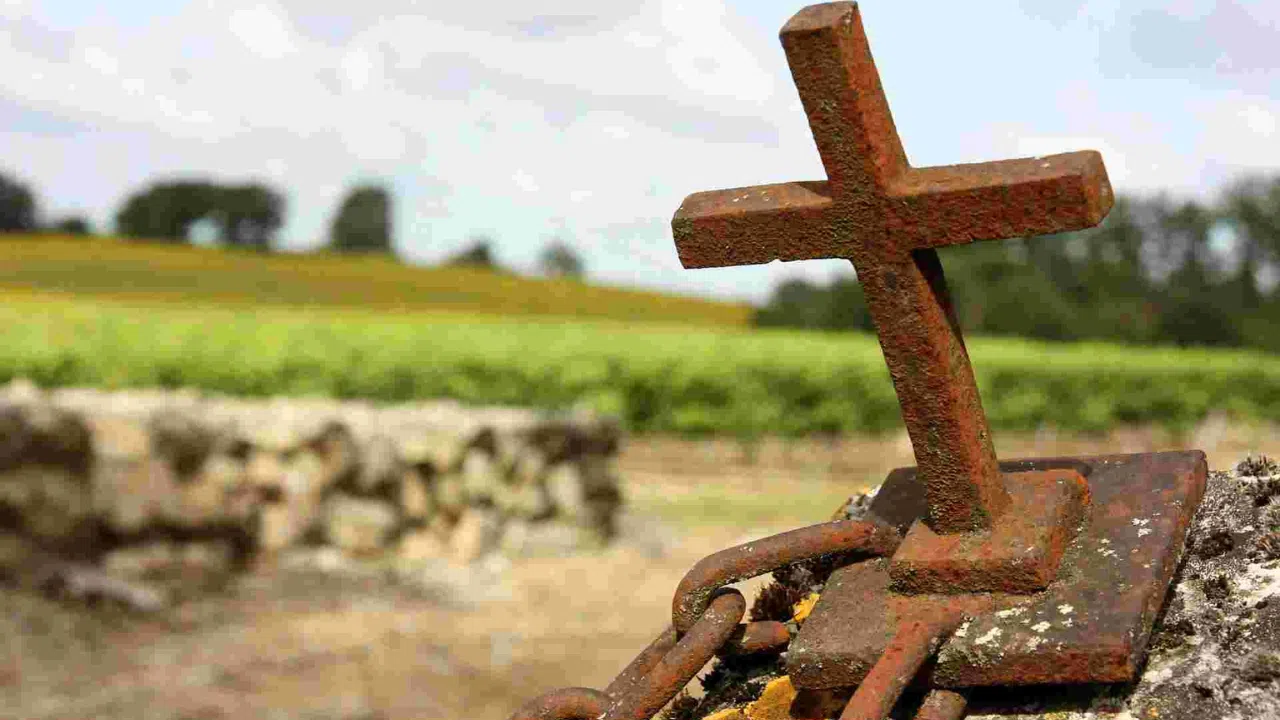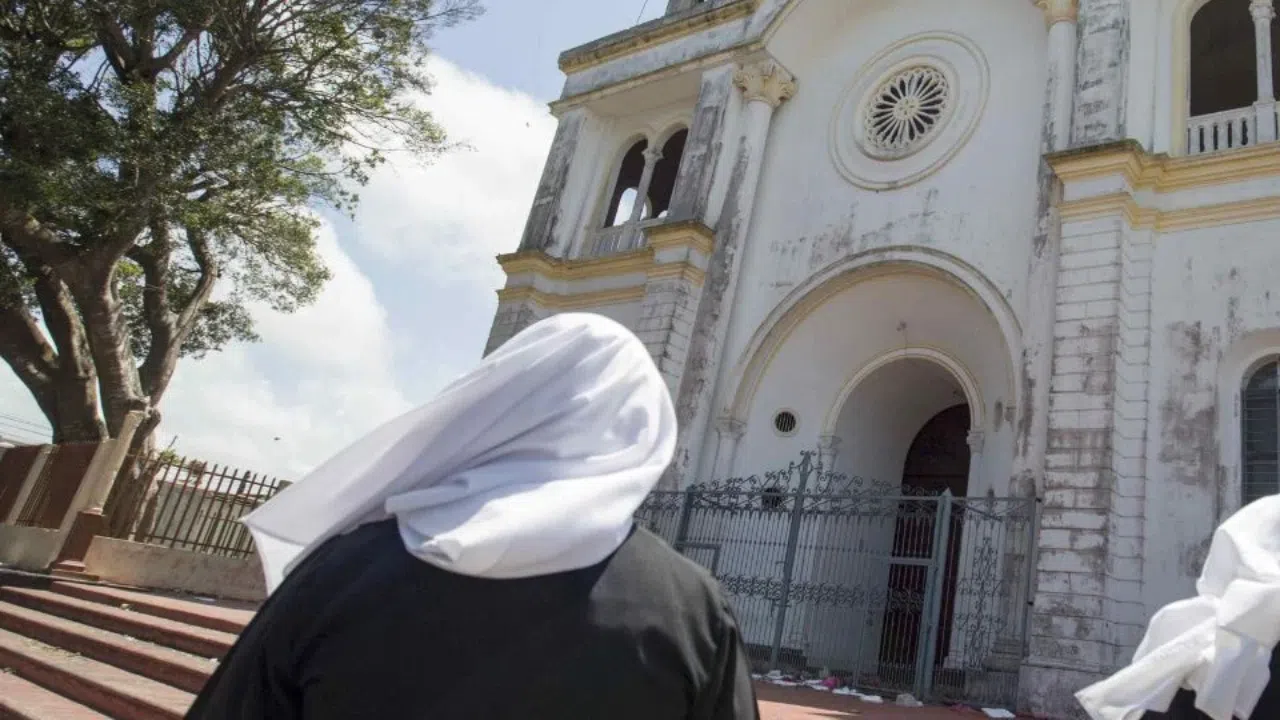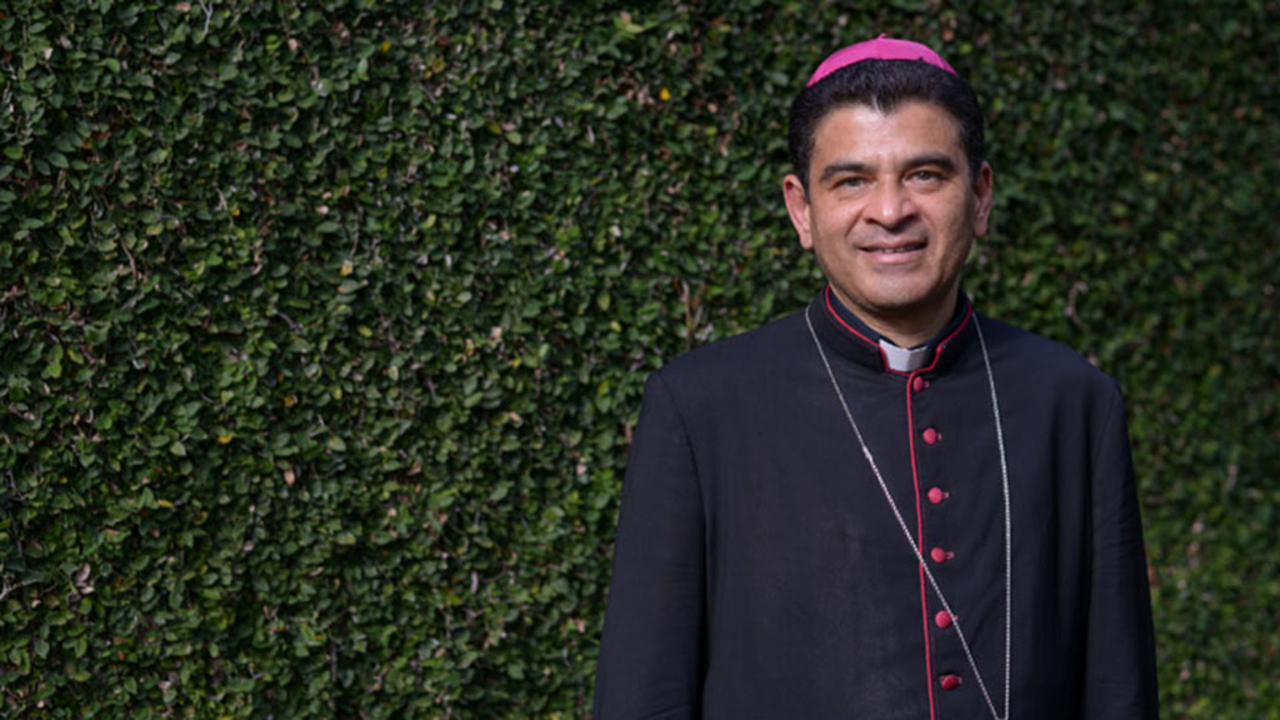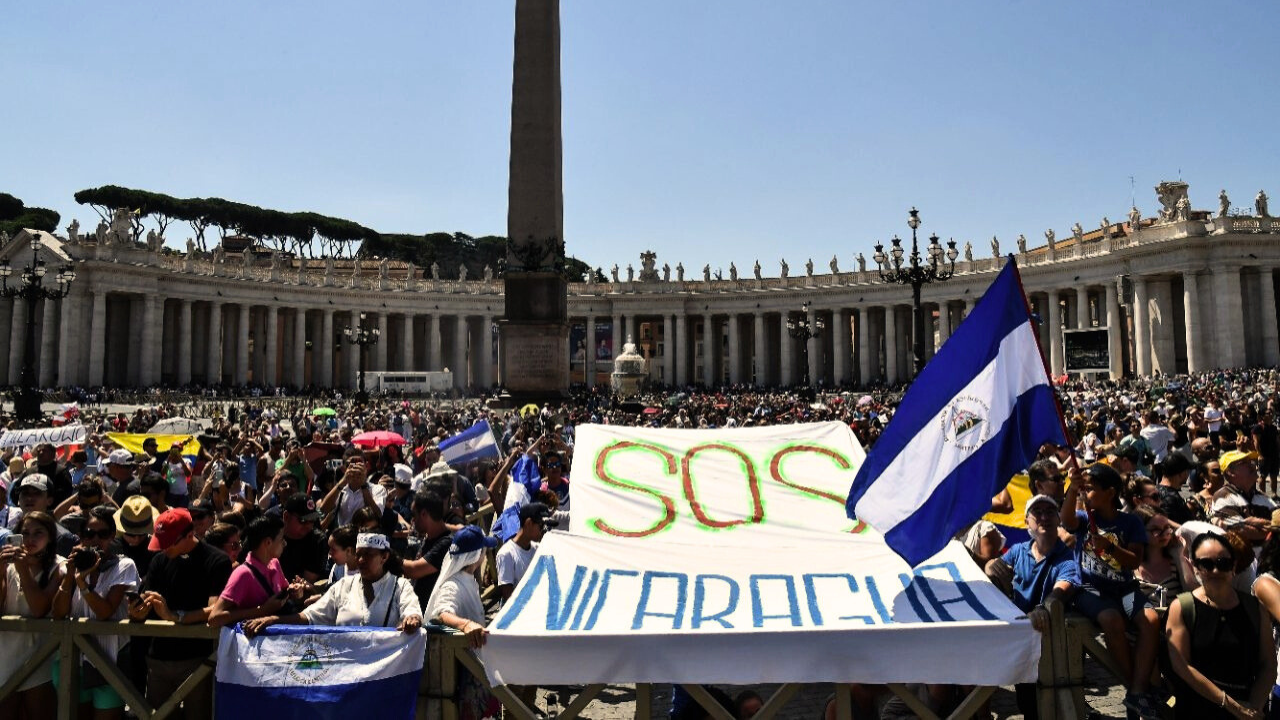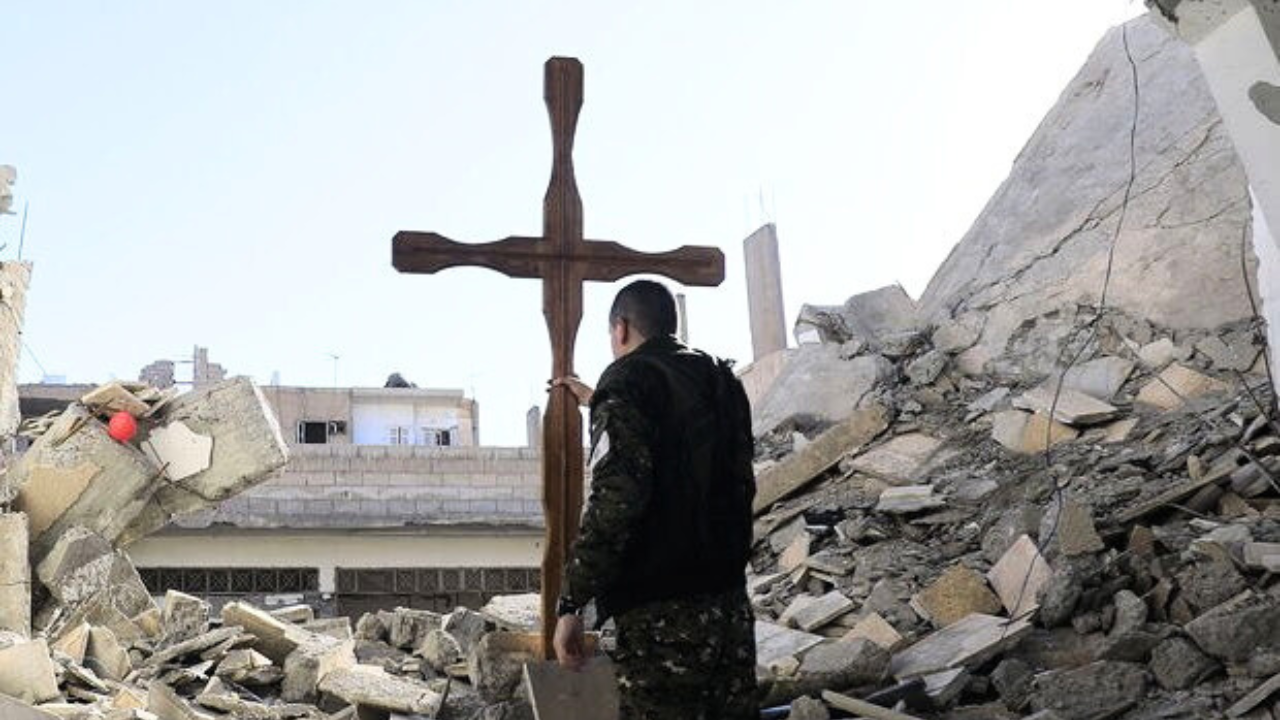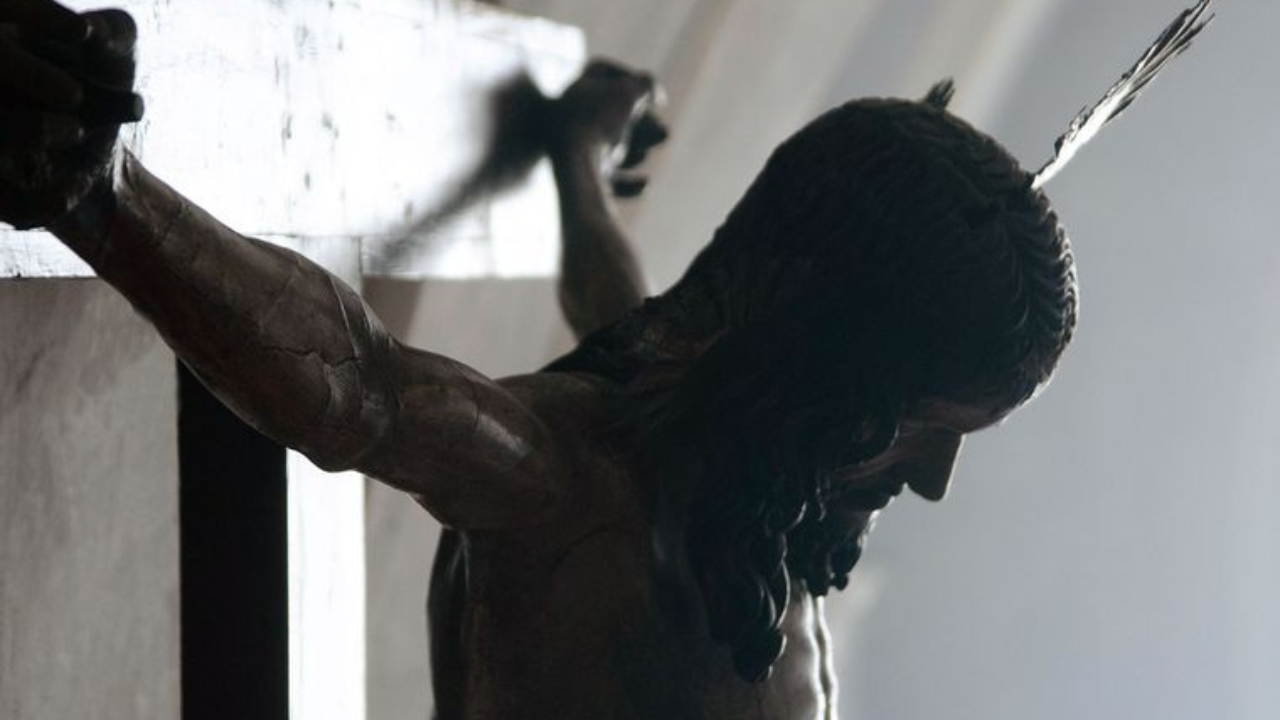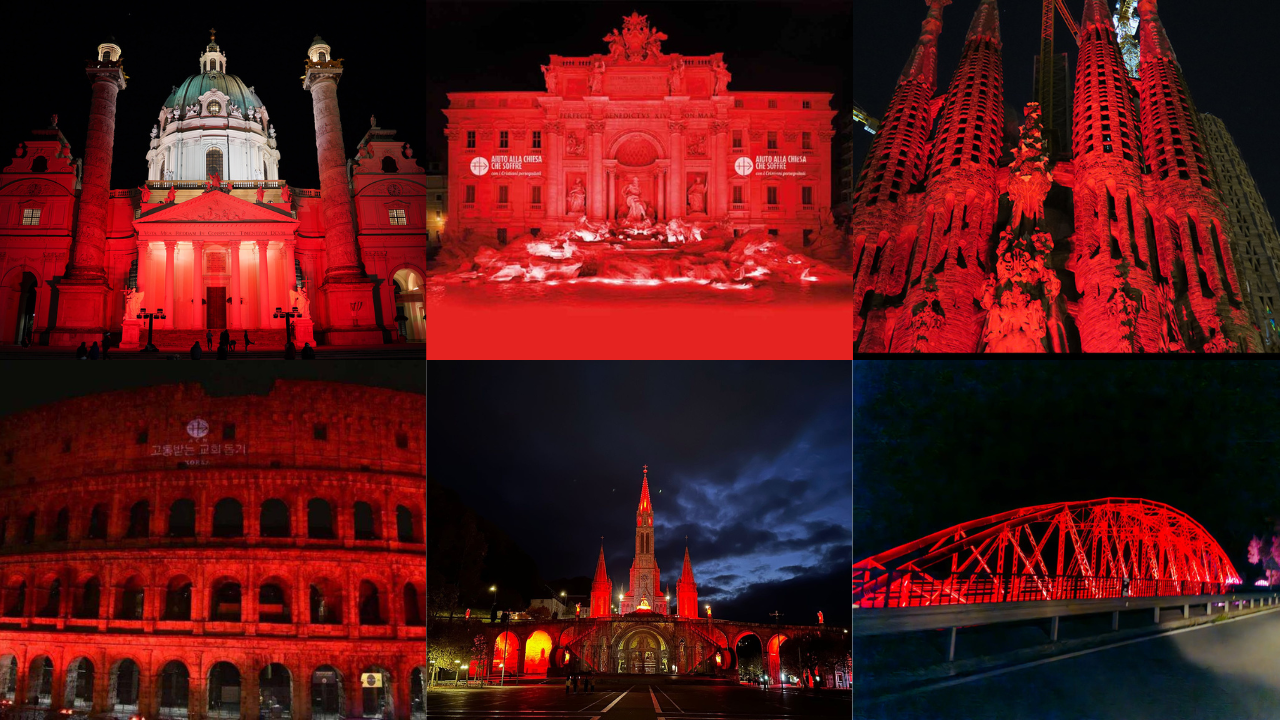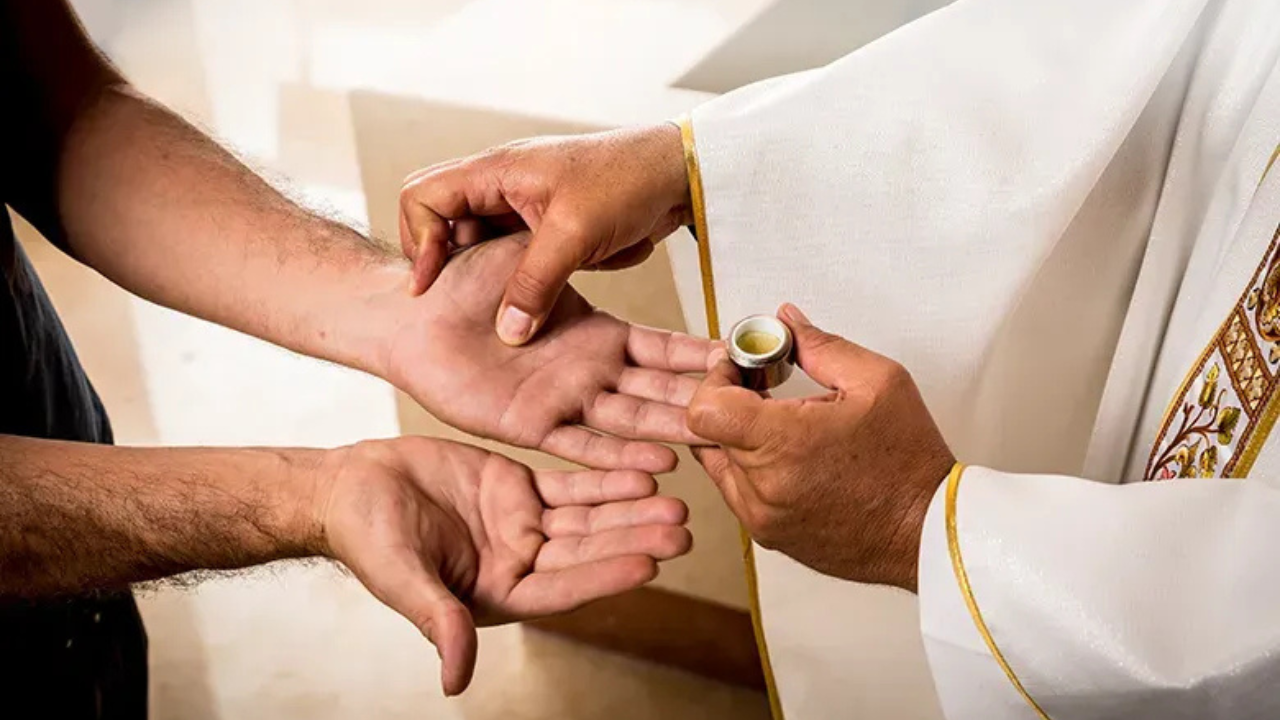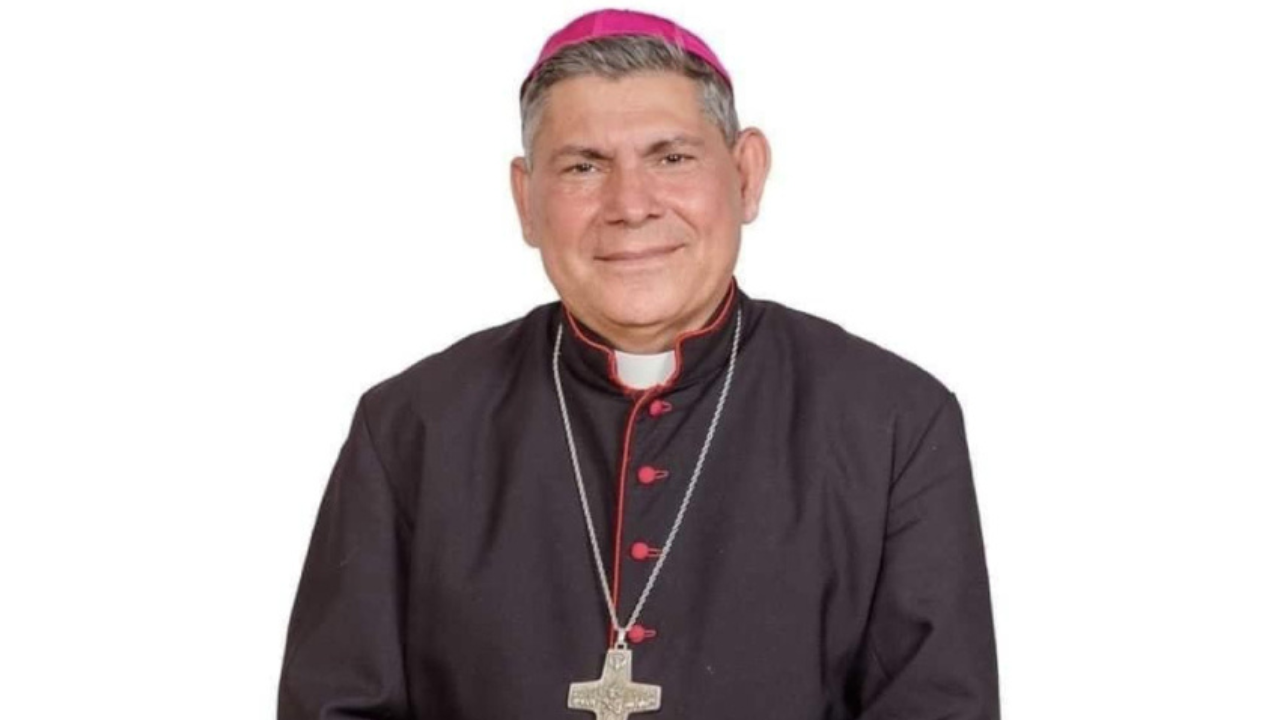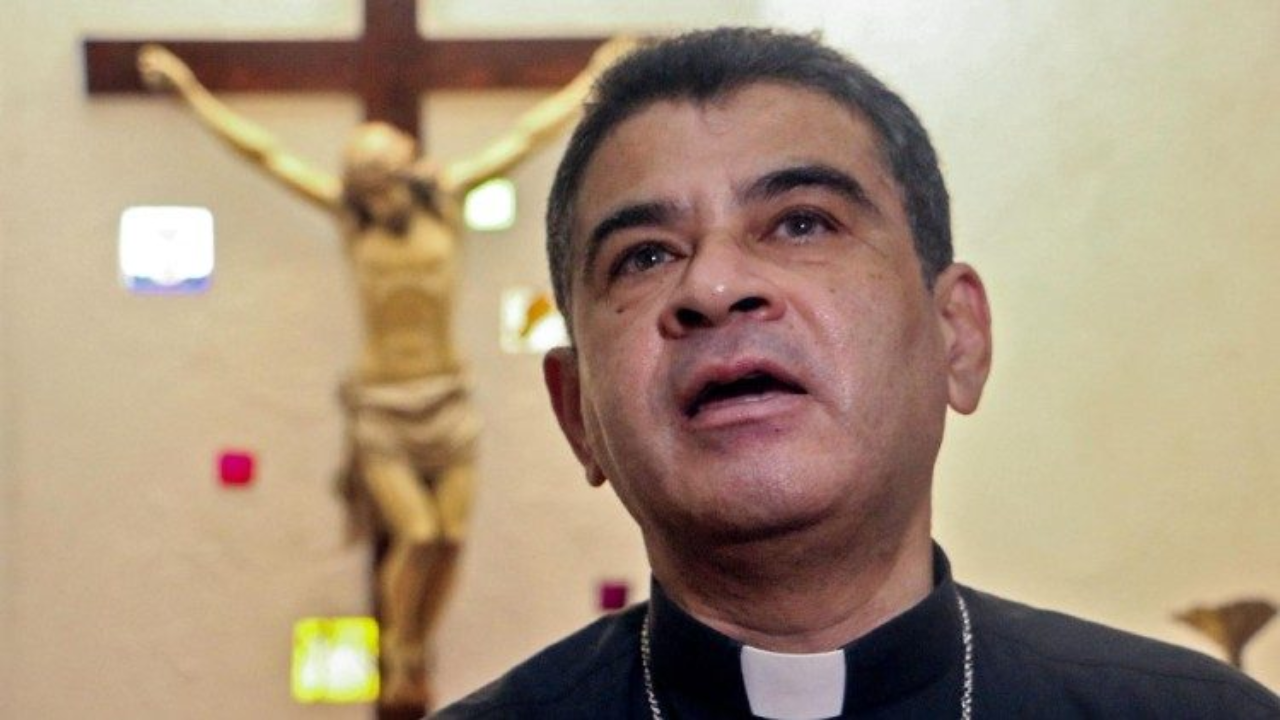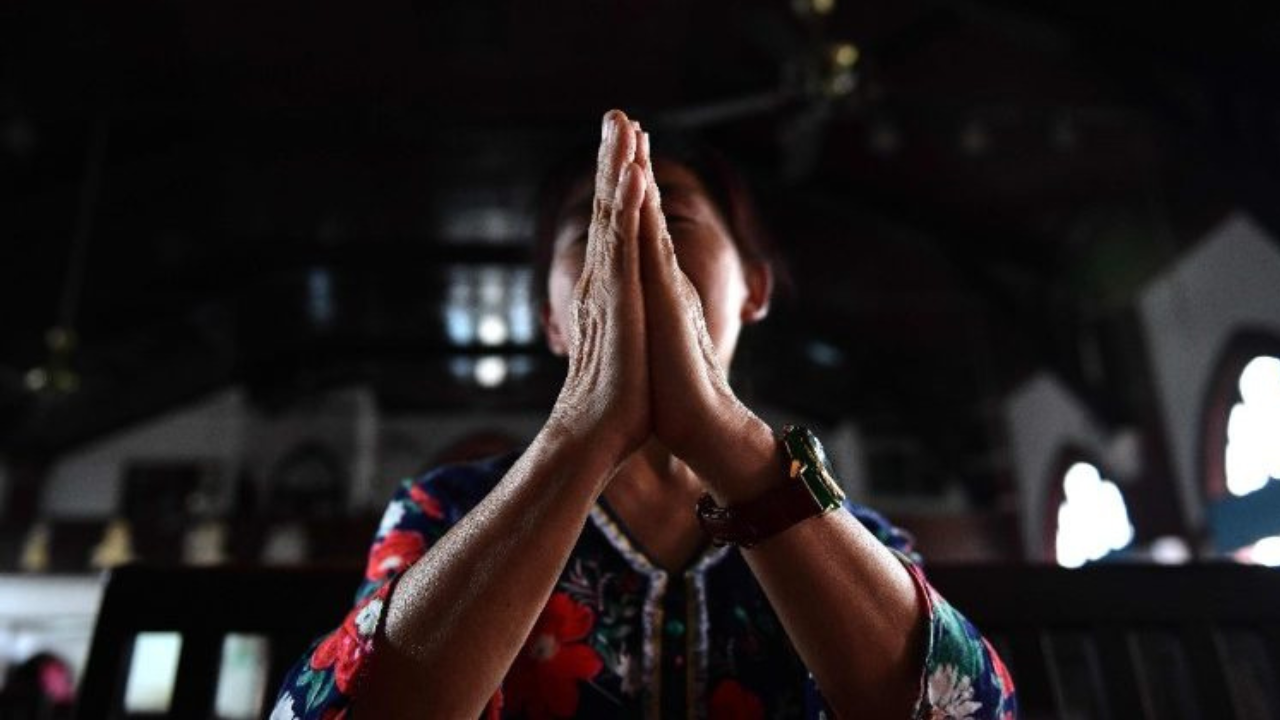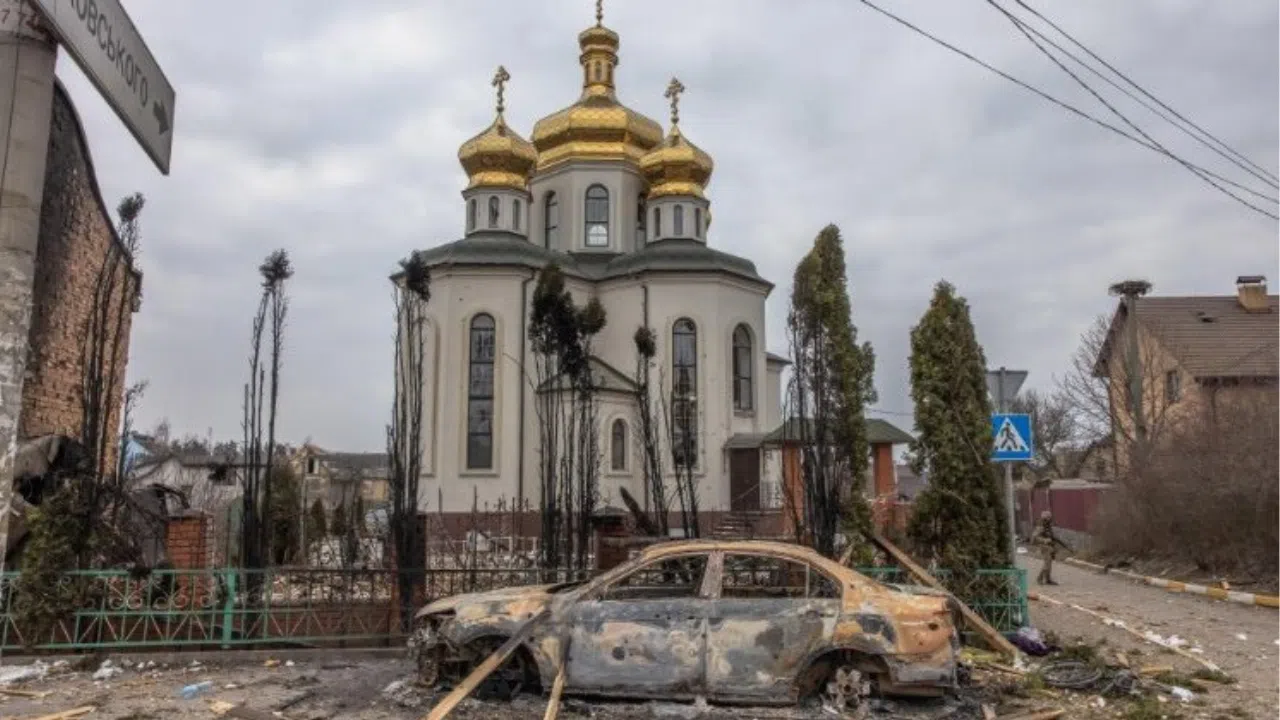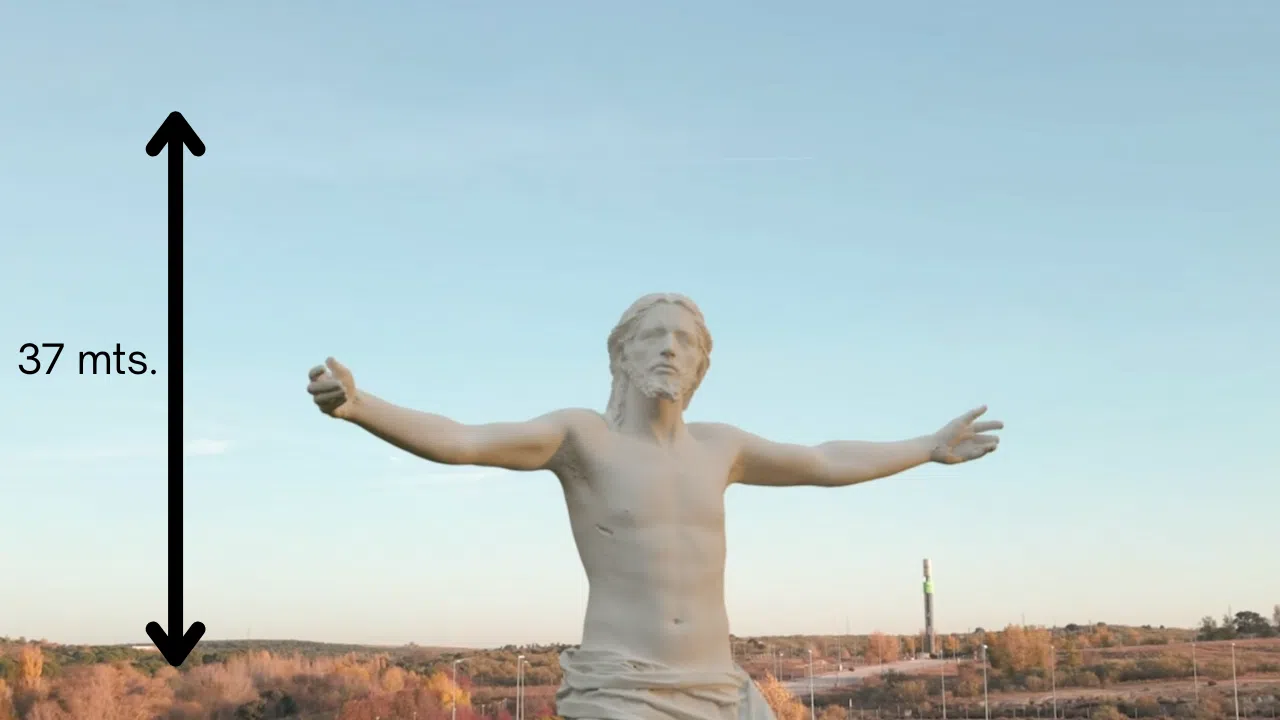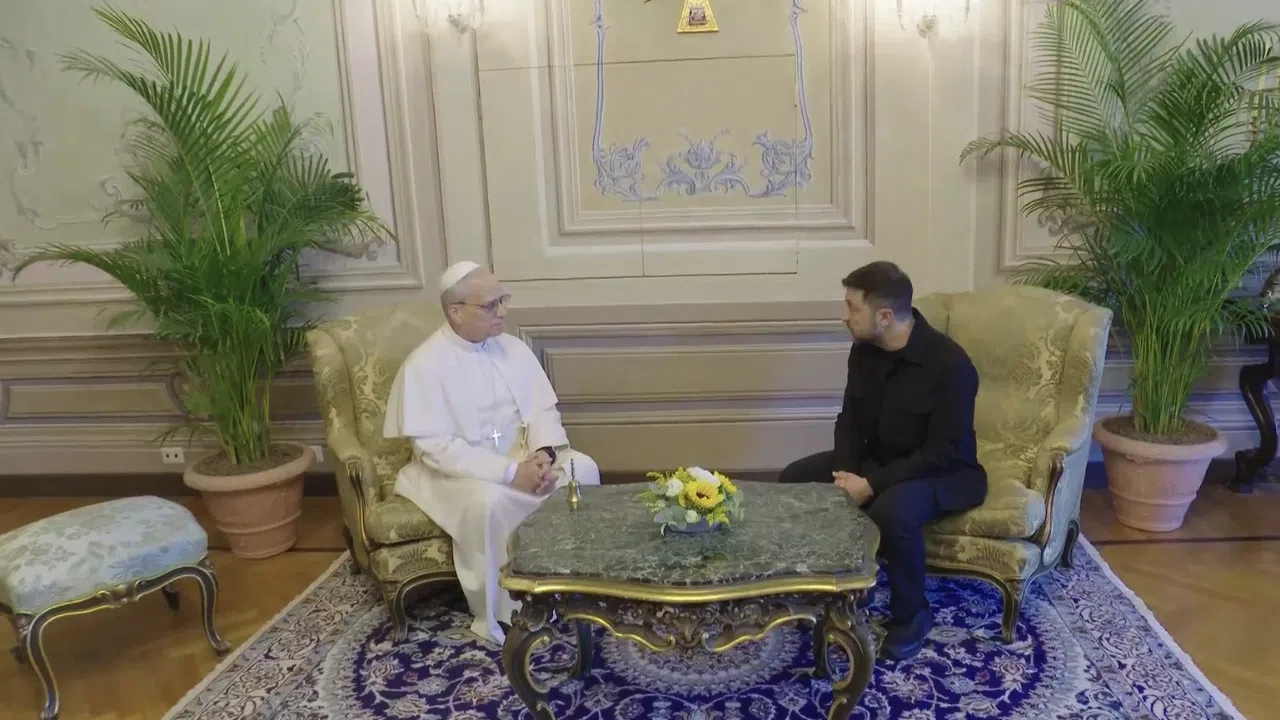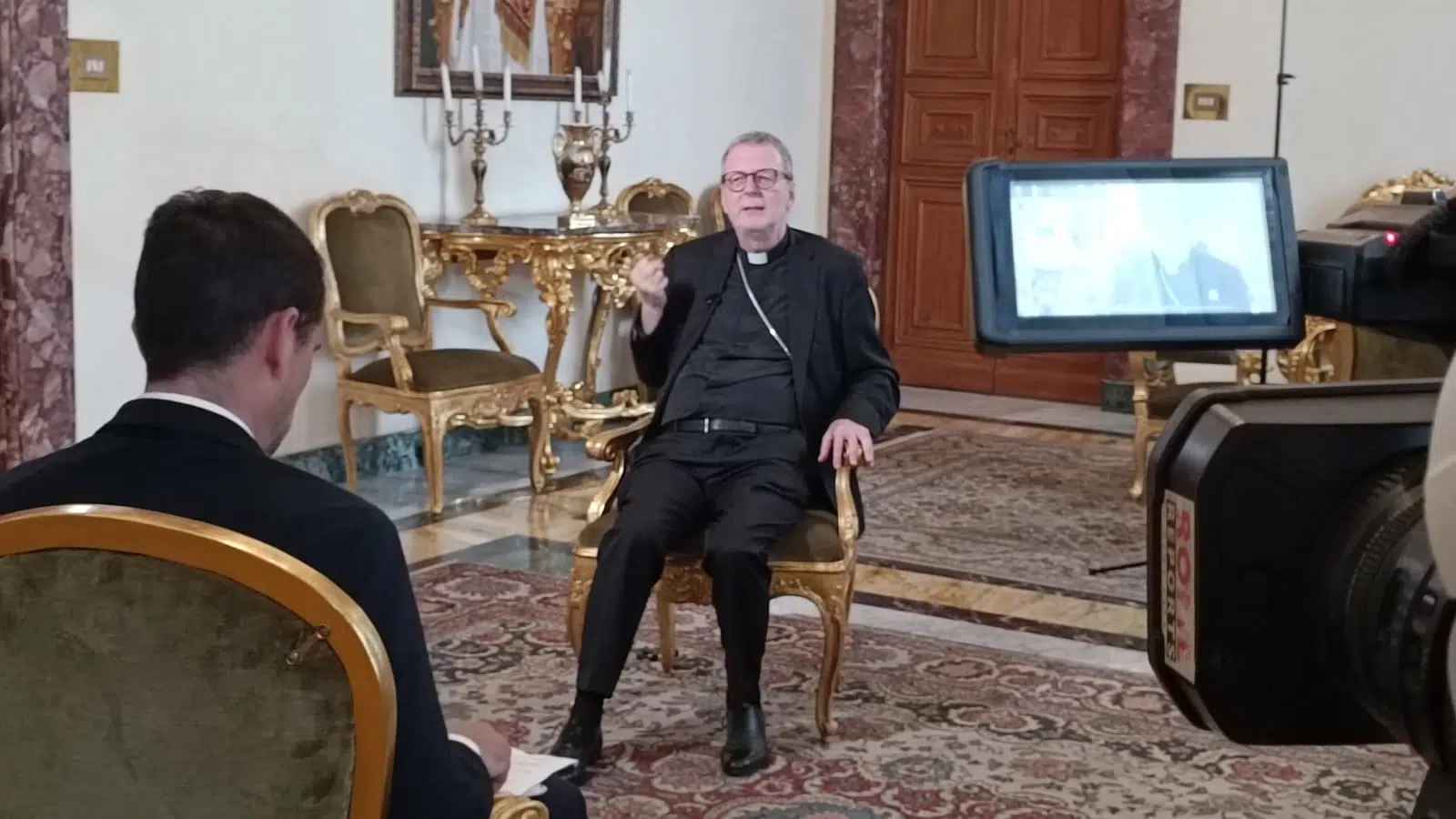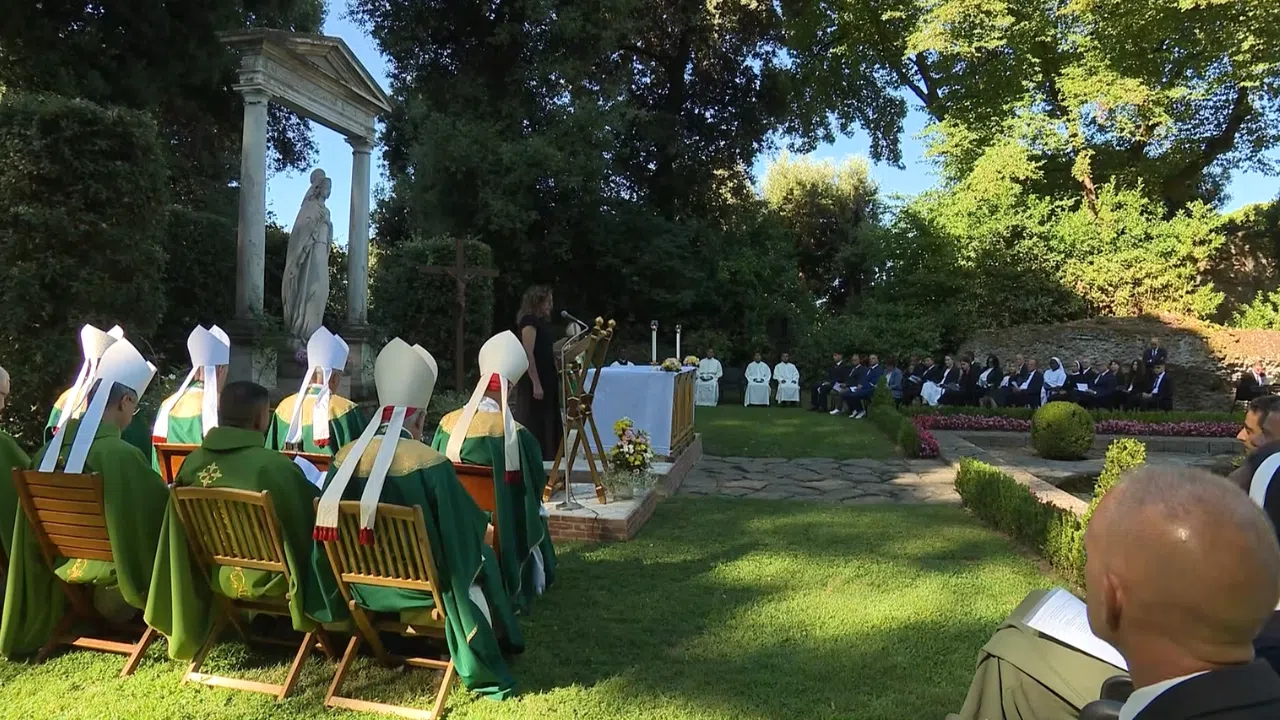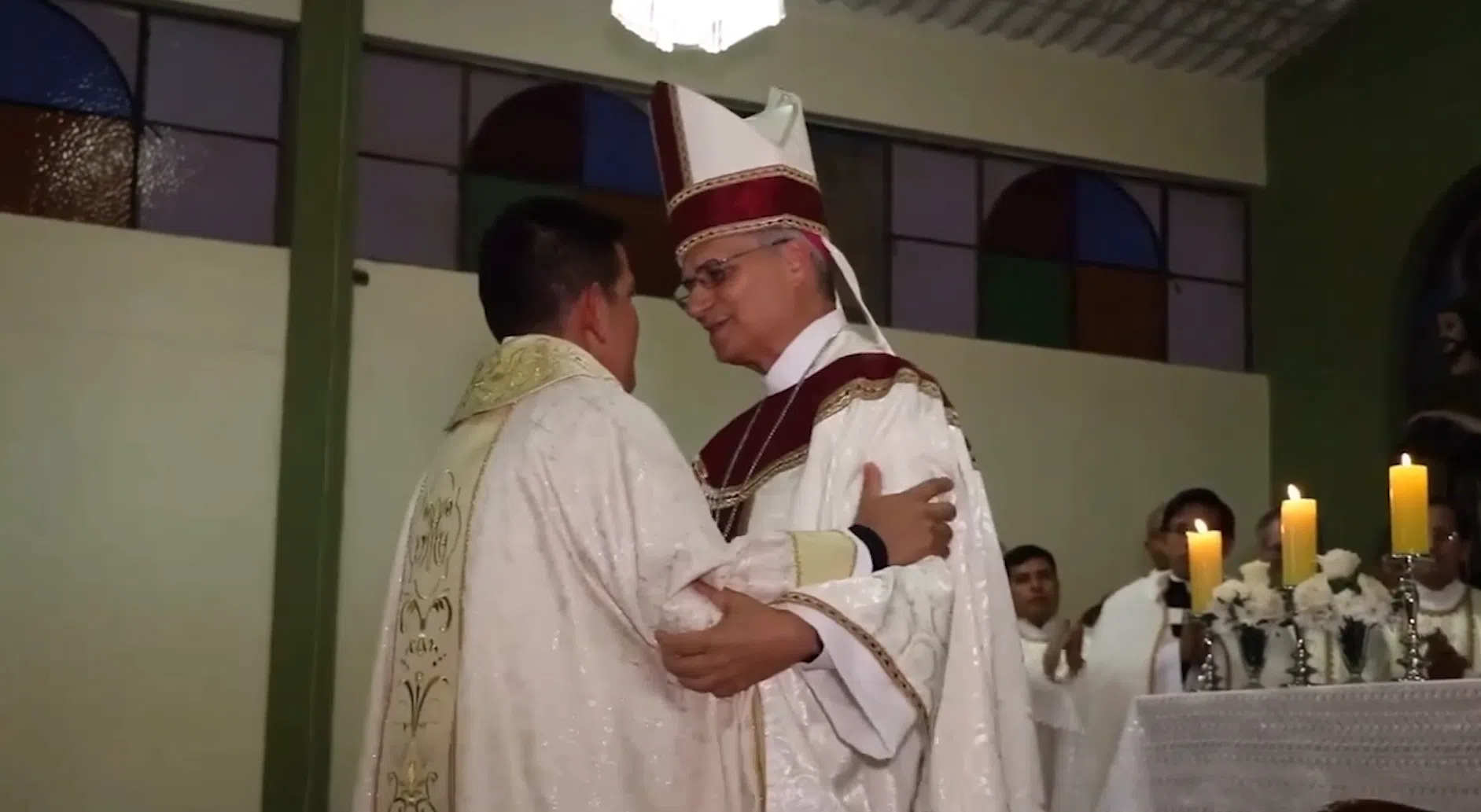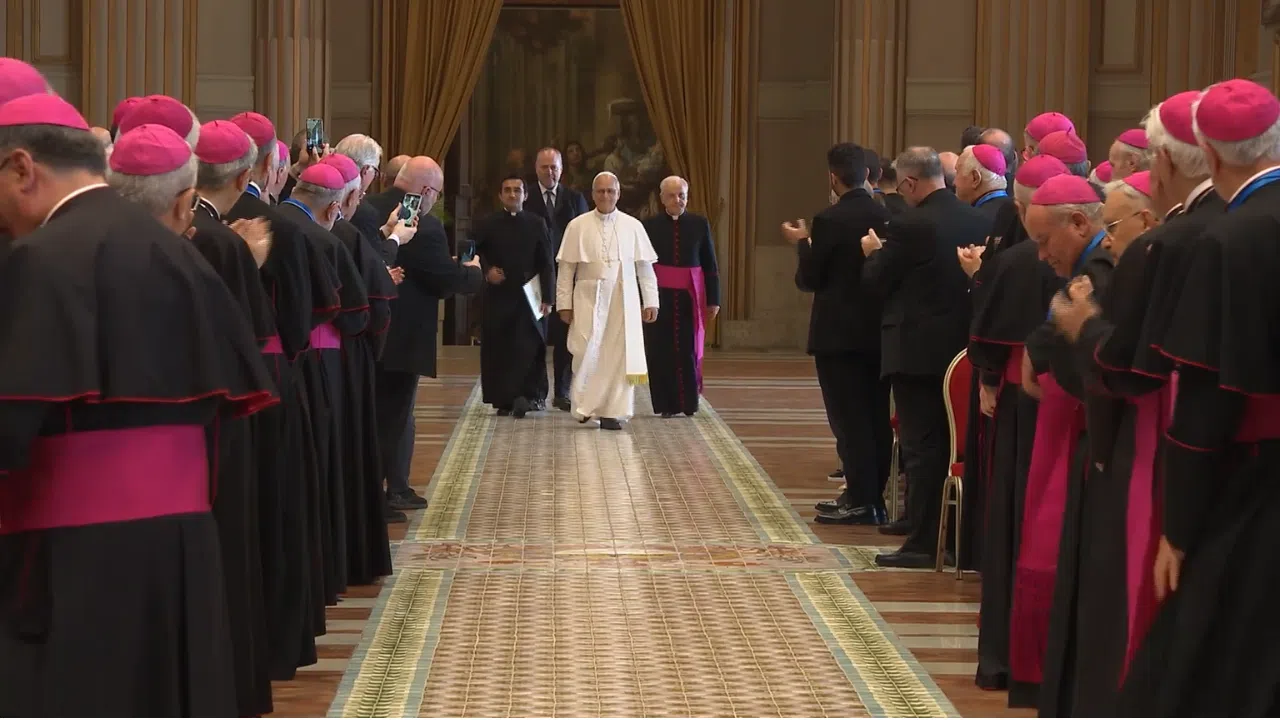The communist regime in China considers Rome and the pope as foreign influences in their country, that might promote dissent from the government.
That is why the Chinese government created the Catholic Patriotic Association in 1957, an official body to name, coordinate and manage all Catholic bishops in China.
Many of those bishops, considering that the CPA does not follow Christian teachings and interferes in their allegiance to Rome, refuse to recognize its authority. They constitute the 'unofficial Church.'
Fr. Bernardo Cervellera, a long-time missionary in China, claims however, that there is one Church in China.
FR. BERNARDO CERVELLERA
Director, Asia news
'No, one cannot say that there are two churches in China. In fact, there is an official Church, in which all of the bishops, except eight, are in communion with the pope. In the 'unofficial Church there are around 40 bishops that pledge allegiance to the pope.'
The challenge for Vatican diplomats is to convince the Chinese government to soften the anti-Vatican agenda of the Catholic Patriotic Association, so that the Church loyal to Rome might be able to operate freely.
However, if the government concedes this, they might ask for something in exchange, and will most likely be that the Vatican recognize eight bishops who have been excommunicated but are still active and are members of the CPA.
Fr. Bernardo Cervellera thinks this is the main obstacle in the way towards full communion between China and the Vatican.
FR. BERNARDO CERVELLERA
Director, Asia news
'I do not think that the Church can accept embracing the excommunicated bishops all at once, because amongst them there are bishops who have a wife and children. There are bishops who refuse to ask for reconciliation. There has to be a screening, one by one, to see if it is possible to bring them into communion. I think it will be difficult...'
Fr. Bernardo Cervellera thinks that cozying up to the CPA is a red line for Parolin and the Vatican diplomatic corps, that is why he thinks a possible agreement between the Vatican and Beijing might go along the lines of improving religious freedom for the underground Church and ending persecution.
FR. BERNARDO CERVELLERA
Director, Asia news
'The Holy See is seeking an agreement that does not threaten Catholic doctrine, while at the same time protects the underground bishops and pushes for the release of those imprisoned. This makes me think that Cardinal Parolin does not want to 'sell' the Catholic faith and imprison it in the hands of the Catholic Patriotic Association, but rather he wants to cooperate with the government to improve religious freedom for the Church.'
Recently, there was a small but significant gesture that could be a good omen for relations between the Vatican and China. Pope Francis spoke about it in his return flight from Azerbaijan.
POPE FRANCIS
'For example, there was two-day conference, in the Academy for Science, about Laudato si', and there was a Chinese delegation there, and the Chinese president sent me a present... The relationship is good...'
The gift the pope is talking about is a replica of the Nestorian Stele, a symbol for Christianity in China. In Chinese culture, a present is a message, and this one seems loud and clear.
